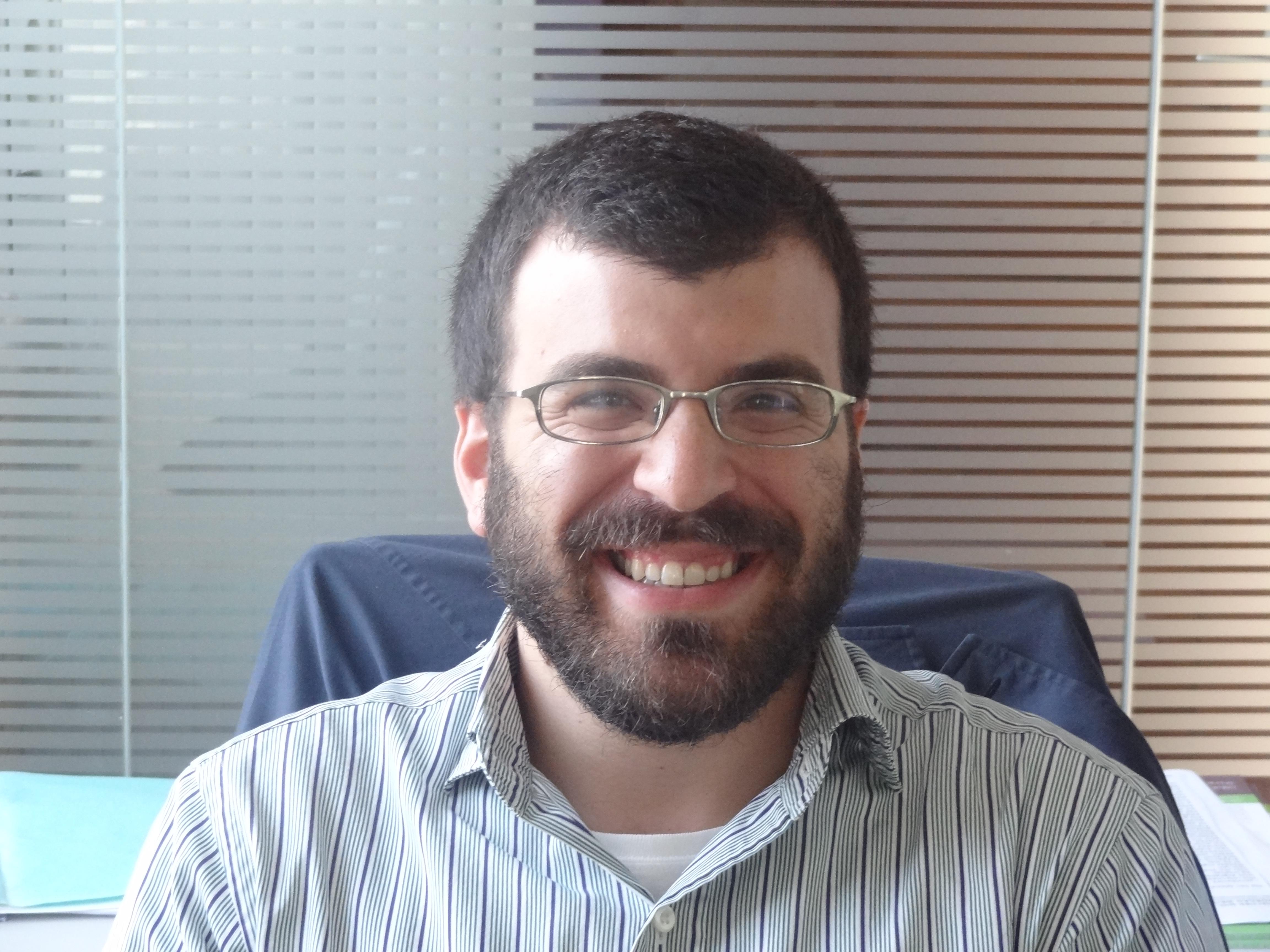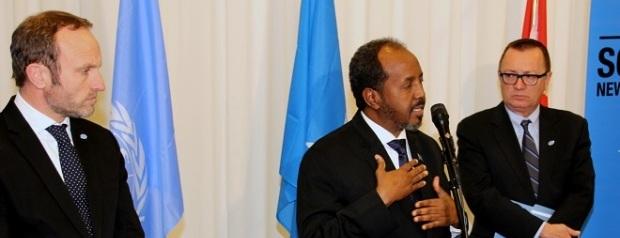Challenges for a Free Sudanese Election
The National Election Commission (NEC) has officially announced the time frame for Sudan’s general elections, with a seven months’ delay in respect to the timetable of the Comprehensive Peace Agreement (CPA). However, I think the delay is justifiable and will give all the parties concern time to prepare themselves.
The election is the most important in Sudan’s independent history. It must not only be peaceful and credible but free and fair as well.
A fair and free election is critically important for the future of Sudan. It is necessary to establish a legitimate and representative government. Such a government is the only hope for the country to face the challenges ahead. It is the only chance for the Sudanese people to address all the key national issues which have been ignored or unresolved for more than fifty years. Any election that is less than completely fair will give legitimacy to the rule of a party which does not deserve it and in turn that will lead others to resort to violent means to achieve their political objectives. A fair election is essential for lasting peace.
Publishing the election time table has been over shadowed by the ICC decision to issue an arrest warrant for President al Bashir for war crimes and crimes against humanity. My fear is that the ICC issue will be the only issue in the election campaign as the National Congress Party (NCP) will use it to get the sympathy of Sudanese people, and not to allow people to genuinely scrutinise the record of their twenty years in power. There is no doubt that the NCP will try to do everything it possibly can to hang on to power. The NCP leaders know that losing the election means that they will lose everything, including their control over the economy and the security organs. If they are out of power, no-one will guarantee that some of them will not be held to account for some of crimes committed during their two decades in power, including not just the ICC indictments for crimes in Darfur region but their prior history of human rights violations stretching back to the first days after the June 1989 coup d’etat.
It is also very likely that the Darfur conflict will overshadow the election. Due to the lack of security, it will be impossible to hold elections in all parts of the region. We therefore face the prospect of an incomplete election with some citizens unable to cast their votes. Such practices are familiar in Sudan’s history. In the democratic elections in 1965-67 and 1986, large parts of south Sudan were not included due to the civil war.
Challenges Facing the Elections Process
In order to establish a conducive environment for the election to be free and fair, a number of measures are needed.
– Changing all the laws to be compatible with the Interim National Constitution to allow freedom of assembly, expression and association.
– Allowing equal access to publicly-owned television and radio for all political parties and not allowing the NCP to have full monopoly over them.
– Close monitoring of every step in the electoral process to avoid any fraudulent practices. The most important step is the voters’ registration, which is where fraud can easily occur. This is very difficult to monitor this in a country where many people have no addresses or proof of identity, especially in the rural areas and people living as squatters around the big cities.
The census result has not yet been made public. The SPLM has threatened not recognise it if it puts the population of South Sudan at less than 30% of the national total. If that is the case, it means the NEC cannot use the census outcome for constituencies demarcation, which will create a big difficulty for the NEC which will not have credible sources to determine the constituencies fairly. This has a risk of distorting the whole election. Using prior censuses for demarcating constituencies would be very problematic as there have been large population shifts over the last decades.
The distortion in the constituencies’ demarcation was clear in the 1986 election. There was one constituency with a population of 40,000 people and other with just 4,000. One candidate won a constituency with 30,000 votes and another won with only 2,000 votes.
The Electoral System
The new election system in Sudan is very progressive. It allows women-only lists, so that at least 25% of the members of the new National Assembly will be women. But at the same time the electoral system will be one of the most complicated systems in world, in a country with very high rate of illiteracy. Voters have to vote more than five times in North and around eight times in the South, and that is very confusing.
The issue of voters’ education will be very important for the election process to be successful. It is the responsibility of all stakeholders including civil society organizations and political parties to ensure that all the voters are well informed, and able to exercise their democratic rights in an informed way.
Sudanese Political Parties
Most of the political parties are not yet ready to contest the election. The clear exception is the NCP which has been organizing for the election for several years. In fact, the NCP leadership would have preferred an early election, because it would have caught the other parties unprepared. It would also have been easier for the NCP to focus the voters on the nationalist agenda of voting in the President and rejecting the ICC. In its wisdom the NEC chose not to succumb to that pressure.
The other political parties face many challenges in preparing for the election. They have ten months in which to do so. They need to mobilize resources for their campaigns. They need to prepare their campaign strategies. Fortunately there is enough time for them to do that, so that the election can be a true political contest and a free and fair vote.







Dear Hafiz,
I’m afraid that, if you are right that the forthcoming elections ‘must not only be peaceful and credible but free and fair as well’ because ‘[a] fair election is essential for lasting peace’, the prospect for Sudan looks rather grim. In my view, the elections will at best provide an opportunity to raise popular awareness of and enhance civic participation in Sudanese politics, but I have little hope for a true political contest and a free and fair vote.
As has been pointed out by others it is hardly imaginable that, although the NCP allegedly enjoys little popular support, the general elections will produce any other winner. Northern oppositional parties appear to be too weak to be even close to being credible contenders while the SPLM has spent little time and energy on winning hearts and minds outside of Southern Sudan. More importantly, as you already indicated, it is anticipated that the NCP will benefit from its control over the state apparatus and ensure victory by all means necessary. Consequently, I don’t expect elections to bring about a change of leadership in Khartoum.
As long as it manages to keep potential dissidents in line and preserve its fragile unity, the SPLM for now remains the only game in town in Southern Sudan. Oppositional parties in the South at present lack not only the strength but apparently also the will to contest the SPLM’s authority: they seem to be part of the silent agreement among the different Southern factions that they need to stick together in the run up to 2011 and that only the SPLM is strong enough to deliver the referendum – their common and undisputed objective. As I see it elections are unlikely to challenge the consensus among Southern Sudan’s political establishment that preserving the status quo is, at this point in time, in its best interest.
As Elwathig Kameir concluded in the essay he posted on April 8th 2009, it seems almost impossible for the elections to achieve the dual goals of civic representation and governmental legitimacy under the current circumstances in which the NCP and the SPLM are preoccupied by numerous other pressing issues. This will undoubtedly have implications for the level and type of support the international community is willing to give to the electoral process. I was happy to learn that the NEC finally broke the silence and addressed the unavoidable issue of postponement by delaying the elections for seven months. It would be recommendable for national and international stakeholders to use this extra time to invest in the management of the associated risks and conduct elections-related activities that will be beneficial to the democratisation and empowerment of Sudanese society regardless of which scenario unfolds, rather than worrying primarily about whether these elections will be up to international standards. I believe the setting of realistic expectations and goals will be one of the key challenges in the process and vital for its outcome.
Jort Hemmer
Research fellow
Clingendael Conflict Research Unit
Dear Jort
Thank you very much for your comments. I still believe it is important to have free and fair election as I have mentioned earlier in the article, I don’t think that is impossible, it is possible and achievable. Why do we have to lower our expectation and to give the National Congress Party (NCP) excuses to defraud the forthcoming election?
Free and fair election is not something new in Sudan recent political history; we had four free and fair elections in last 55 years, here are some figures from the result of the last 2 democratic elections:
1- in 1968 election 29 parties and political movements contested in the election, no party won the majority, but the Democratic Unionist party won 40.8% of the votes, the Umma party was divide into 2 at that election, Umma Party Al Sidig Wing got 21.2% and Umma Party Al Hadi 18% of the votes, at that election Mr Al Sidig El Mahadi lost Al Jazzara Abba constituency. Most of the Communist Party of Sudan Candidates ran independent as their party was dissolved by the parliament.
2- In 1986 election 16 political parties contested the election, and also no political party won the majority of the votes but the Umman Party – Sidig El Mahdi won 38.6% of the votes and the Democratic Unionist 29.4% of the votes.
Sudanese people have a heritage of democratic history; the popular participation in all the previous democratic elections was very high in comparison with some old democracies in the world.
The NCP must not be allowed to use its control over the state apparatus to influence the outcome of the election.
If all the Sudanese stakeholders decided to work together to ensure the fairness of the forthcoming election, I think they will make it.
I think that as well as NCP snatched the power by force definitely they will falsify the elections , all the practices proved that .
hydroxychoriquin https://plaquenilx.com/# hydrochloraquin